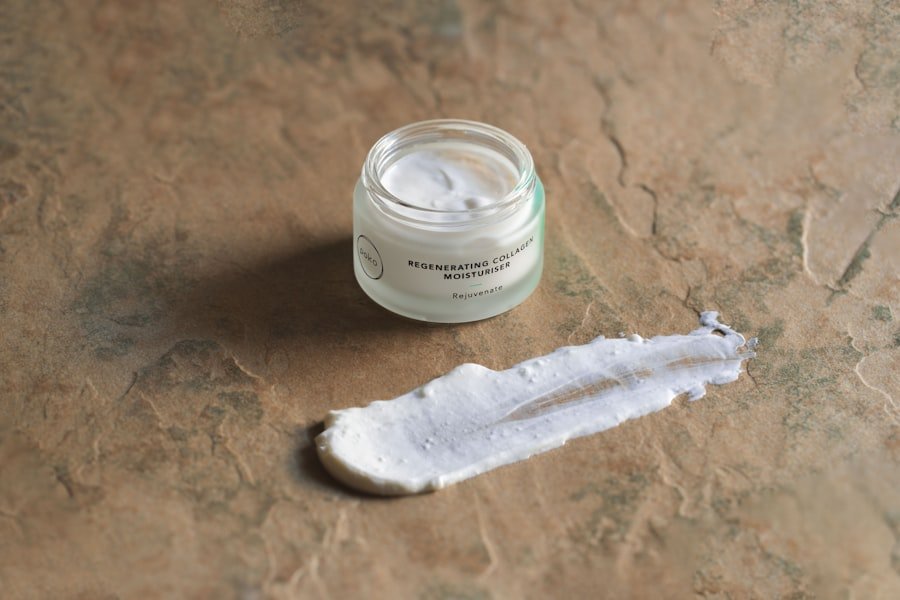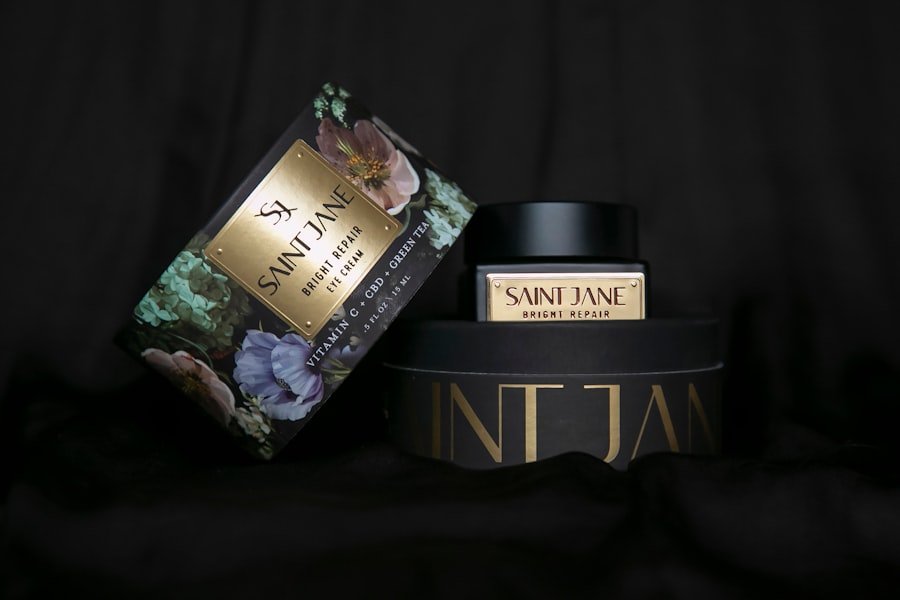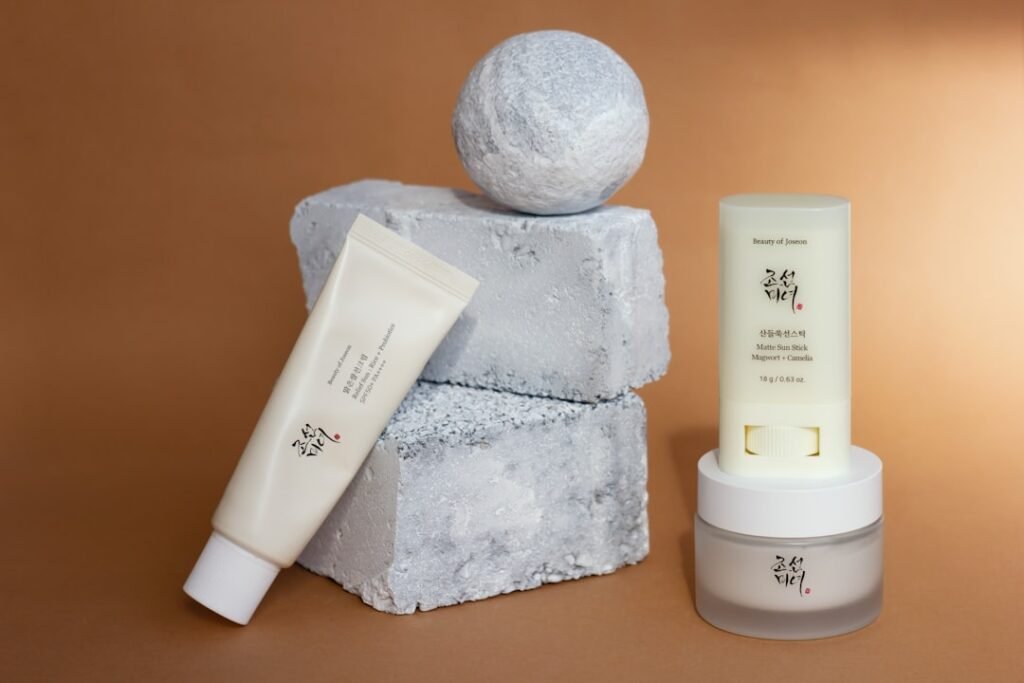Psoriasis is a chronic autoimmune condition that affects millions of people worldwide. It manifests as red, scaly patches on the skin, often accompanied by itching and discomfort. As we delve into the complexities of this condition, we realize that it is not merely a skin issue; it is a systemic disease that can impact our overall health and well-being.
The immune system mistakenly attacks healthy skin cells, leading to an accelerated growth cycle that results in the characteristic plaques associated with psoriasis. Understanding this underlying mechanism is crucial for us to approach treatment and management effectively. Moreover, psoriasis can take various forms, including plaque psoriasis, guttate psoriasis, inverse psoriasis, and pustular psoriasis, each presenting unique challenges.
The severity of the condition can vary significantly from person to person, with some experiencing mild symptoms while others endure more severe manifestations. This variability underscores the importance of personalized treatment plans tailored to our specific needs. By educating ourselves about psoriasis, we empower ourselves to seek appropriate medical advice and explore various management strategies that can enhance our quality of life.
Key Takeaways
- Psoriasis is a chronic autoimmune condition that causes skin cells to build up and form scales and itchy, dry patches.
- Lifestyle changes such as quitting smoking, reducing alcohol consumption, and managing stress can help alleviate psoriasis symptoms.
- Dietary modifications like consuming anti-inflammatory foods and avoiding trigger foods can help alleviate psoriasis symptoms.
- Natural remedies and supplements like aloe vera, fish oil, and turmeric may help reduce psoriasis symptoms.
- Stress management techniques such as meditation, yoga, and deep breathing exercises can help relieve psoriasis symptoms.
Lifestyle Changes to Manage Psoriasis Symptoms
Exercise for a Healthier Body and Mind
One of the most important adjustments we can make is to incorporate regular physical activity into our daily routines. Exercise not only helps maintain a healthy weight but also reduces stress levels, which can trigger flare-ups. Engaging in activities we enjoy, whether it’s walking, swimming, or yoga, allows us to stay active while also promoting mental well-being.
Prioritizing Sleep and Avoiding Triggers
Additionally, prioritizing sleep is essential; a well-rested body is better equipped to handle the challenges posed by psoriasis. Another vital aspect of lifestyle modification involves avoiding known triggers. For many of us, factors such as smoking, excessive alcohol consumption, and certain medications can exacerbate symptoms.
Establishing a Consistent Skincare Routine
By identifying and eliminating these triggers from our lives, we can create a more stable environment for our skin.
Furthermore, establishing a consistent skincare routine that includes gentle cleansing and moisturizing can help soothe irritated skin and prevent dryness, which often leads to increased discomfort.
Dietary Modifications to Help Alleviate Psoriasis

Our diet plays a crucial role in managing psoriasis symptoms. Research suggests that certain foods may have anti-inflammatory properties that can help reduce flare-ups. Incorporating more fruits and vegetables into our meals is a great starting point.
These foods are rich in antioxidants and essential nutrients that support skin health. We should aim for a colorful plate filled with leafy greens, berries, and citrus fruits, as they provide vitamins and minerals that may help combat inflammation. In addition to increasing our intake of healthy foods, we should also be mindful of what we choose to avoid.
Processed foods high in sugar and unhealthy fats can contribute to inflammation and worsen our symptoms. Instead of reaching for sugary snacks or fast food, we can opt for whole grains, lean proteins, and healthy fats like those found in avocados and nuts. By making these dietary modifications, we not only support our skin but also promote overall health and well-being.
Natural Remedies and Supplements for Psoriasis
Exploring natural remedies and supplements can offer us additional avenues for managing psoriasis symptoms. Many individuals have found relief through the use of omega-3 fatty acids, which are known for their anti-inflammatory properties. We can incorporate these beneficial fats into our diets by consuming fatty fish like salmon or by taking fish oil supplements.
Additionally, some studies suggest that vitamin D may play a role in skin health; therefore, ensuring adequate levels through sunlight exposure or supplementation could be beneficial. Herbal remedies such as aloe vera and turmeric have also gained popularity among those seeking natural solutions for psoriasis. Aloe vera gel can be applied topically to soothe irritated skin, while turmeric’s active compound, curcumin, may help reduce inflammation when consumed or used in topical formulations.
As we explore these options, it’s essential to consult with healthcare professionals to ensure that any supplements or remedies we consider are safe and appropriate for our individual circumstances.
Stress Management Techniques for Psoriasis Relief
Stress is a well-known trigger for psoriasis flare-ups, making stress management techniques vital for our overall well-being. We can adopt various strategies to help mitigate stress in our lives. Mindfulness practices such as meditation and deep breathing exercises allow us to cultivate a sense of calm and presence in the moment.
By dedicating just a few minutes each day to these practices, we can create a buffer against the stressors that may exacerbate our condition. Engaging in hobbies or activities that bring us joy is another effective way to manage stress. Whether it’s painting, gardening, or spending time with loved ones, these moments of joy can serve as powerful antidotes to the pressures of daily life.
Additionally, seeking support from friends, family, or support groups can provide us with a sense of community and understanding as we navigate the challenges of living with psoriasis.
Topical Treatments for Psoriasis

How Topical Treatments Work
Corticosteroids work by reducing inflammation and slowing down skin cell turnover, providing relief from itching and redness.
Prescription and Over-the-Counter Options
It’s important for us to follow our healthcare provider’s recommendations regarding the strength and frequency of application to avoid potential side effects. In addition to prescription treatments, over-the-counter options such as coal tar products can also be effective in managing mild cases of psoriasis. Coal tar helps reduce scaling and itching while promoting healing.
Monitoring and Communicating with Your Healthcare Provider
As we explore these topical treatments, we should remain vigilant about monitoring our skin’s response and communicate any concerns with our healthcare provider to ensure optimal management of our condition.
Home Phototherapy for Psoriasis
Home phototherapy has emerged as an innovative approach for managing psoriasis symptoms effectively. This treatment involves exposing the skin to ultraviolet (UV) light under controlled conditions. For many of us, using a home phototherapy device can provide convenience and flexibility in our treatment regimen.
Regular sessions can help reduce inflammation and slow down the rapid growth of skin cells associated with psoriasis. Before embarking on home phototherapy, it’s essential for us to consult with a dermatologist who can guide us on the appropriate device and treatment plan tailored to our specific needs. While this method can be highly effective for some individuals, it’s crucial to adhere strictly to safety guidelines to minimize any potential risks associated with UV exposure.
Hydrotherapy and Bathing Techniques for Psoriasis
Hydrotherapy offers a soothing way to manage psoriasis symptoms through the therapeutic benefits of water. Taking warm baths infused with Epsom salts or oatmeal can help alleviate itching and hydrate dry skin. As we soak in the tub, the warm water helps relax our muscles while also providing relief from discomfort associated with psoriasis plaques.
Incorporating gentle exfoliation during bathing can also be beneficial; however, we must be cautious not to irritate the skin further. After bathing, applying a rich moisturizer helps lock in hydration and protect the skin barrier. By establishing a regular hydrotherapy routine, we can create a calming ritual that not only addresses our physical symptoms but also promotes relaxation and self-care.
Aromatherapy and Essential Oils for Psoriasis
Aromatherapy has gained popularity as a complementary approach for managing various health conditions, including psoriasis. Essential oils such as lavender, tea tree oil, and chamomile possess anti-inflammatory properties that may help soothe irritated skin when diluted properly and applied topically. We can create our own blends or purchase pre-made products designed specifically for sensitive skin.
In addition to topical applications, incorporating essential oils into our daily routines through diffusers or bath products can enhance relaxation and promote emotional well-being. The calming scents may help reduce stress levels—an important factor in managing psoriasis flare-ups—while also providing potential benefits for our skin health.
Home Remedies for Itchy and Flaky Scalp Psoriasis
Scalp psoriasis can be particularly challenging due to its visibility and discomfort. Fortunately, several home remedies may help alleviate itching and flakiness associated with this condition. One effective approach involves using natural oils such as coconut oil or olive oil as a pre-shampoo treatment.
Massaging these oils into the scalp helps moisturize dry patches while also providing relief from irritation. Another remedy involves creating a soothing scalp rinse using apple cider vinegar diluted with water. This mixture can help balance the scalp’s pH levels while reducing itchiness and flakiness.
As we experiment with these home remedies, it’s essential to monitor how our scalp responds and consult with a healthcare professional if symptoms persist or worsen.
Tips for Preventing Psoriasis Flare-Ups at Home
Preventing psoriasis flare-ups requires vigilance and proactive measures within our daily lives. One of the most effective strategies involves maintaining a consistent skincare routine that includes gentle cleansing and moisturizing products specifically formulated for sensitive skin. By keeping our skin hydrated and protected from environmental irritants, we create an optimal environment for healing.
Additionally, staying informed about potential triggers is crucial in preventing flare-ups. Keeping a journal to track symptoms alongside lifestyle factors such as diet, stress levels, and environmental changes can help us identify patterns that may contribute to worsening conditions. By taking these proactive steps at home, we empower ourselves to manage psoriasis more effectively while enhancing our overall quality of life.
In conclusion, living with psoriasis presents unique challenges; however, by understanding the condition and implementing various management strategies—ranging from lifestyle changes to natural remedies—we can take control of our health journey. Through education and proactive measures, we foster resilience against this chronic condition while promoting overall well-being.
If you are looking for more information on skin conditions, you may want to check out this article on melanoma. It provides valuable insights into the prevention and treatment of this serious form of skin cancer. Understanding different skin conditions can help you take better care of your skin and overall health.
FAQs
What is psoriasis?
Psoriasis is a chronic autoimmune condition that causes the rapid buildup of skin cells, leading to scaling on the skin’s surface. It commonly affects the elbows, knees, and scalp, but can appear anywhere on the body.
What are the symptoms of psoriasis?
Symptoms of psoriasis include red patches of skin covered with silvery scales, dry, cracked skin that may bleed, itching, burning or soreness, thickened, pitted or ridged nails, and swollen and stiff joints.
What are some home remedies for treating psoriasis?
Some home remedies for treating psoriasis include moisturizing the skin, using a humidifier, taking warm baths with Epsom salts or colloidal oatmeal, applying aloe vera, using turmeric, managing stress, and avoiding triggers such as smoking and heavy alcohol consumption.
What lifestyle changes can help manage psoriasis?
Lifestyle changes that can help manage psoriasis include maintaining a healthy weight, eating a balanced diet, avoiding triggers such as stress, smoking, and heavy alcohol consumption, and getting regular exercise.
What over-the-counter treatments are available for psoriasis?
Over-the-counter treatments for psoriasis include moisturizers, coal tar products, salicylic acid, and hydrocortisone cream. These can help reduce itching, scaling, and inflammation.
When should I see a doctor for my psoriasis?
You should see a doctor for your psoriasis if it is causing you discomfort, if it is spreading rapidly, if you have joint pain or swelling, or if it is impacting your quality of life.
What medical treatments are available for psoriasis?
Medical treatments for psoriasis include topical treatments (such as corticosteroids and retinoids), phototherapy, oral medications (such as methotrexate and cyclosporine), and biologic drugs.
Can diet affect psoriasis?
Some people with psoriasis find that certain foods can trigger or worsen their symptoms. It is important to pay attention to your diet and identify any potential triggers.
Is there a cure for psoriasis?
There is currently no cure for psoriasis, but there are many treatments available to help manage the symptoms and improve quality of life.
Can stress make psoriasis worse?
Stress can trigger or worsen psoriasis symptoms in some people. Managing stress through relaxation techniques, exercise, and therapy can help improve psoriasis symptoms.
Can psoriasis be passed on genetically?
Psoriasis has a genetic component, and it can run in families. However, not everyone with a family history of psoriasis will develop the condition.
Can psoriasis be triggered by certain medications?
Certain medications, such as lithium, antimalarial drugs, and beta blockers, can trigger or worsen psoriasis symptoms in some people. If you suspect a medication is affecting your psoriasis, consult your doctor.


